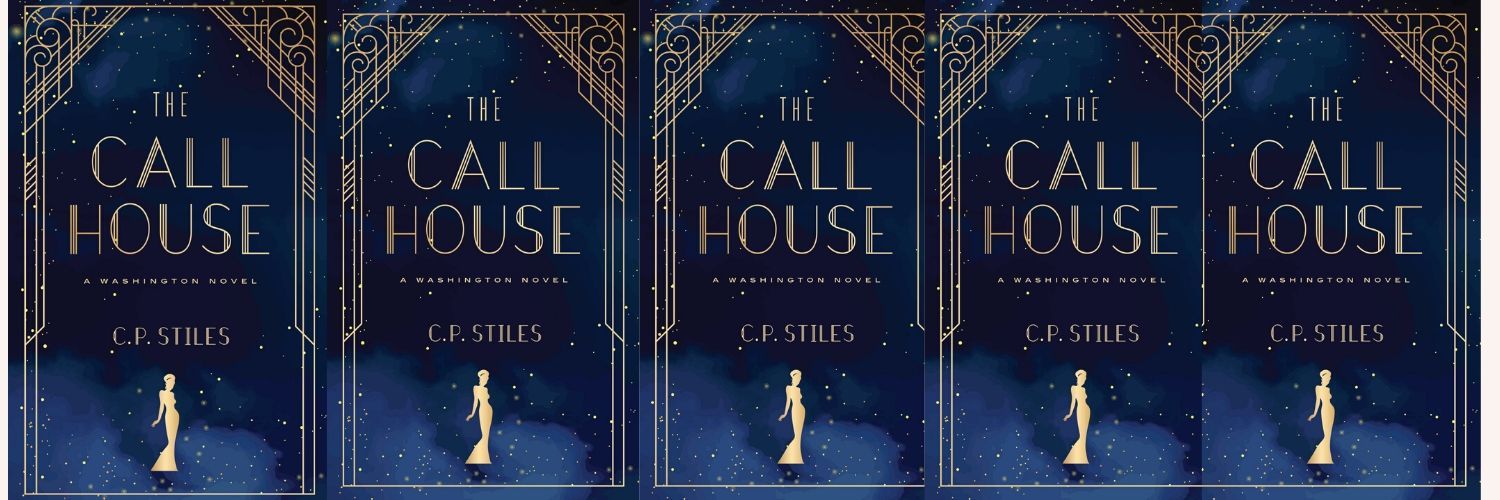|
[Note: My intention is to share what I'm learning and relearning about writing. I'll be mentioning blogs, books, articles, and webinars. I'm not necessarily recommending them, just trying to be accurate about sources. And I'm definitely not affiliated with any of the sources.] If I thought figuring out characters was tough, trying to get a handle on plot is even harder.
On the one hand . . . There’s that quote writers like to use from E.L. Doctorow - "Writing is like driving at night in the fog. You can only see as far as your headlights, but you can make the whole trip that way." In other words, you don’t really need to know where you’re going – you’ll figure it out along the way. Somehow your unconscious or your words or your imagination will produce a story with a beginning, middle, and end. All you have to do is start with Once upon a time . . . then add your character, a tricky situation, and you’re off. Driving in the fog guided by your headlights. But as one writer friend pointed out, driving that way gives her the kind of headache you get from clenching your teeth, tensing your neck and arm muscles. It’s exhausting. Which is why there’s the other hand . . . The mappers. The outliners. The writers who create the whole skeleton from beginning to end and then flesh it out. Call it the Three-Act Structure on steroids. I often see the term “pantsers” to describe writers who drive almost blindly into the fog. Meaning “by the seat of their pants.” And just as often, Stephen King is held out as the best example of a pantser. Outliners are usually called plotters. They keep things clean and simple. Yesterday I sat in on a free webinar given by Jerry Jenkins hosted by Jane Friedman, called “Secrets of Storytelling: How to Write Compelling Stories.” Unlike many free webinars that give you 15 minutes of teaser information and then 45 minutes of pretty hard sell to either sign up for a course or buy a book or hire a consultant, this was at least a full hour of good information. A lot of it familiar. Aimed mostly at pantsers. Trust the writing. Don’t edit. Follow your instincts. Get it all down and fix it on the next draft. (He said it better, but that’s the gist.) Evidently, you’re either a pantser or an outliner, you can’t be both. Any more than you an be an empty in-boxer and an email saver at the same time. You get the idea. Supposedly, most writers already know which one they are. Clearly, I’m a pantser. But I’ve got enough notebooks full of dead ends that I know I need more than headlights. While I can’t change my nature, I can at least learn what writers do when they’re organized. Fortunately, there are books that can help. (Wish I could remember who passed along a list of books to read to get me familiar with the outliner side of things.) Here's the list:
I’ve bought them but haven’t read them yet. What I’m wondering is whether a pantser can pick up a few tips from the outliners? Read a few books and discover the secret? Or else maybe we can get them to install a few streetlights? Do you know which one you are? photo: igoralecsander
0 Comments
Leave a Reply. |
CP StilesI'm returning to novels after a long time away - sharing my uneasy progress. Archives
June 2017
Categories |


 RSS Feed
RSS Feed
